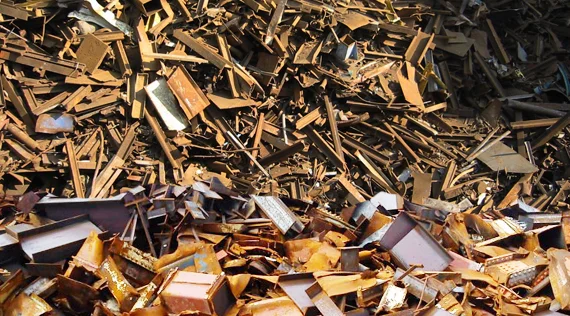Public Nuisance Lawsuits over Plastics Recycling Lack Legal Foundation
Plastic Recycling | 2025-02-27 11:36:23
None of these traditional elements are present in the plastics cases or others like them.
SEATTLE (Scrap Monster): Are plastics recycling cases the new mega tort fueled by distorted theories of public nuisance law? If attorneys general and municipal officials have their way, they could be.
The mad dash to file these cases against plastics manufacturers and their trade associations is beginning, so much so that the New York University School of Law has already set up a “Plastics Litigation Tracker.”
These cases are effectively asking judges to redefine public nuisance. The law defines a nuisance as the use of one’s own property so as to substantially and unreasonably interfere with another’s use and enjoyment of their land.
A public nuisance then is a real property tort that involves liability for actions that unreasonably interfere with the public’s use of public property, most notably when someone blocks access to public highways or waterways or when someone pollutes public resources such as air or water.
None of these traditional elements are present in the plastics cases or others like them. These aren’t cases about land use or about interference with public property. The new theory of public nuisance being advanced is that a plaintiff can sue if an individual or entity does some act that later is seen as contributing to a public problem. That’s not the same.
As with climate change, guns, lead paint, vaping, social media and other public nuisance-based cases that blazed this trail before plastics, these cases are twisting the law to try to turn the courts into policymakers seeking to redistribute wealth from seemingly unpopular industries and to serve progressive agendas that could never be passed through legislatures or survive the rigors of scientific review at expert agencies.
Among the latest cases in this soup, California Attorney General Rob Bonta, and in a related lawsuit environmentalists filed near the same time, targeted ExxonMobil and a few other plastics companies and their trade associations in a lawsuit alleging that the defendants engaged in a public nuisance by making resins for plastic bottles and for accepting the widespread belief that plastics recycling was possible.
The state of California believes we have now learned that recycling plastics doesn’t work very well, at least not with the most common techniques. That means people have bought plastic bottles thinking they could be recycled, recycling processes are costly and programs are not managed very well through no fault of the defendants in these cases. Plastic bottles haven’t all been recycled for a variety of reasons, not the least of which is that users put them in the trash, and thus we have plastic waste pollution.
California now claims that ExxonMobil and the others should be responsible for “slick” pro-recycling campaigns because we now know plastics recyclability isn’t so straightforward.
Despite the government and environmental groups now suing having themselves been some of the biggest advocates for recycling, blasting the world with messages about its benefits, somehow none of that would have happened except for ExxonMobil allegedly orchestrating a disinformation campaign that fooled the world. The pollution that has resulted, it is claimed, is a public nuisance of ExxonMobil’s unattenuated doing.
An earlier-filed lawsuit in New York made similar claims against Pepsi/Frito Lay. In a glimmer of hope for the rule of law, the trial court in New York, in that case, issued a searing rebuke to the government’s theories when dismissing that lawsuit for failure to state a claim on Oct. 31.
Courtesy: www.thehill.com
 By
By 